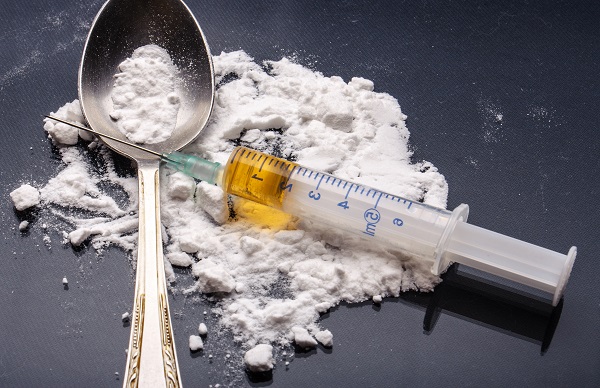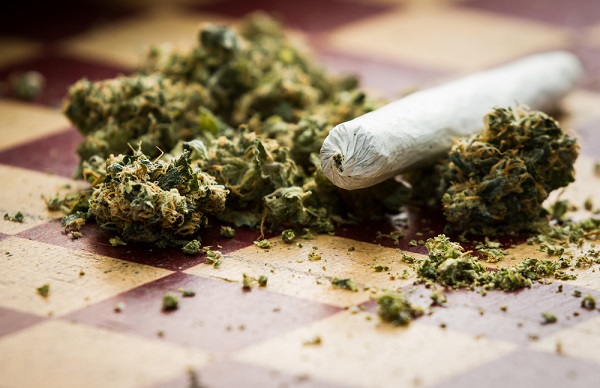New Jersey Changes its Heroin Policy
The heroin drug epidemic has reached staggering heights, especially within the state of New Jersey—especially since Camden is one of the locations where you can get it in its purest form. Last year, Camden police officers were equipped with Narcan, an antidote to reverse the effects of an overdose. Since this implementation, the city police have been able to save over 100 people’s lives by using the antidote. Deaths due to heroin overdoses have tripled over the past few years, along with the number of users—this rate is staggering.
The White House initiative regarding the new heroin policy not only provides law enforcement with more of the antidote Narcan, but also funds partnerships between police and public health agencies striving toward treatment for addictions instead of punishment. With previously harsh sentences for those found in possession, this initiative comes to the idea that most users are in desperate need of treatment, not punishment, to help them get their lives back. These public agencies will focus on rehabilitation and therapy to work through the person’s addiction and assist them in becoming free from using heroin.
This initiative focuses on those found by police, whether in response to an emergent situation or those discovered on the streets. The primary mission is to return those individuals to their family, and this means reviving them with the help of Narcan. Under this initiative, officers are to promote treatment and not resort to imprisoning those found within the depths of addiction. With such an increase in users and with that a traumatic rise in overdose-related deaths, it’s no surprise that the White House has initiated this plan in attempts to provide those with an opportunity to seek the help they need. With switch in policy from punishment to treatment, it’s hopeful that more people will reach out for assistance instead of avoiding it for the fear of prison for possession or using of heroin.
Suffering with a drug addiction is not easy. It can be debilitating and can leave a person desperate to find a fix in any way possible. With heightened usage, the person’s body requires more of the drug to feel the same effects, which increases the likelihood of an overdose. If you or a loved one is dealing with drug addiction and have been charged with a related offense, contact me, Robert E. DePersia II, defense attorney. Whether we strategize to plead for a lesser offense or ask for rehabilitation in lieu of jail time, we can explore many different options. Every situation is different, and I am here to assess your personal charge to help you determine what course of action will provide you with the best possible outcome. New Jersey Drug Court provides many offenders with programs to help monitor their addiction to assist them in maintaining their sobriety. Give me a call to talk about your options: (856) 795-9688.




